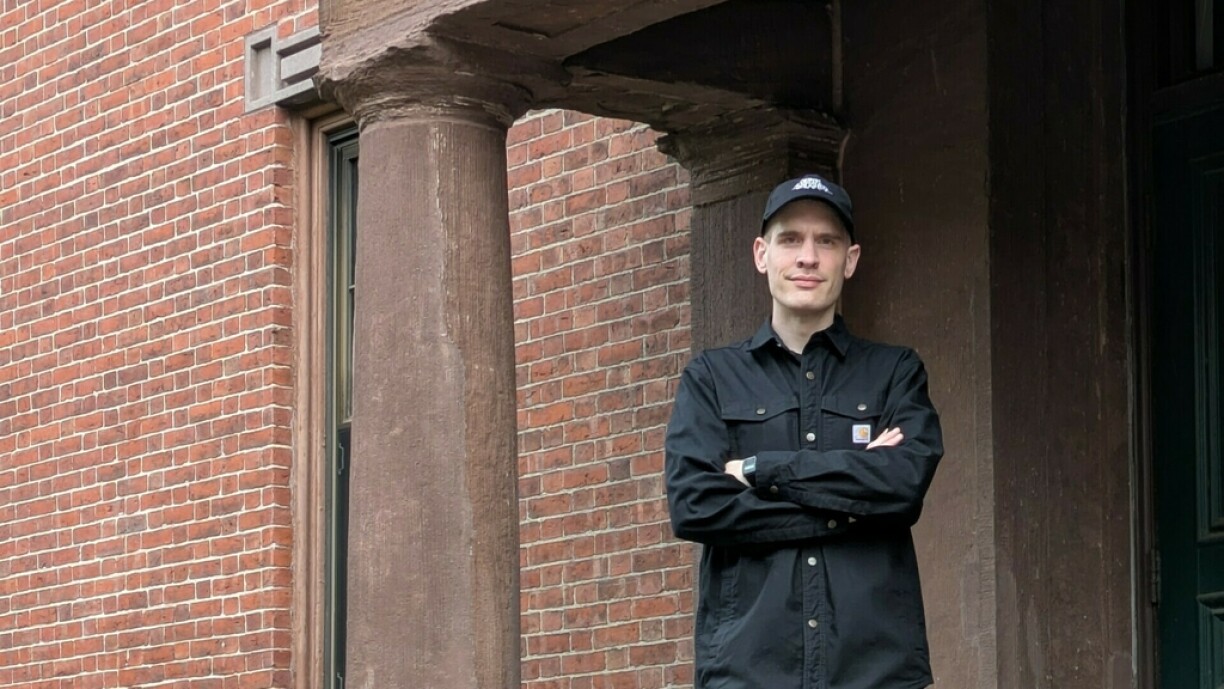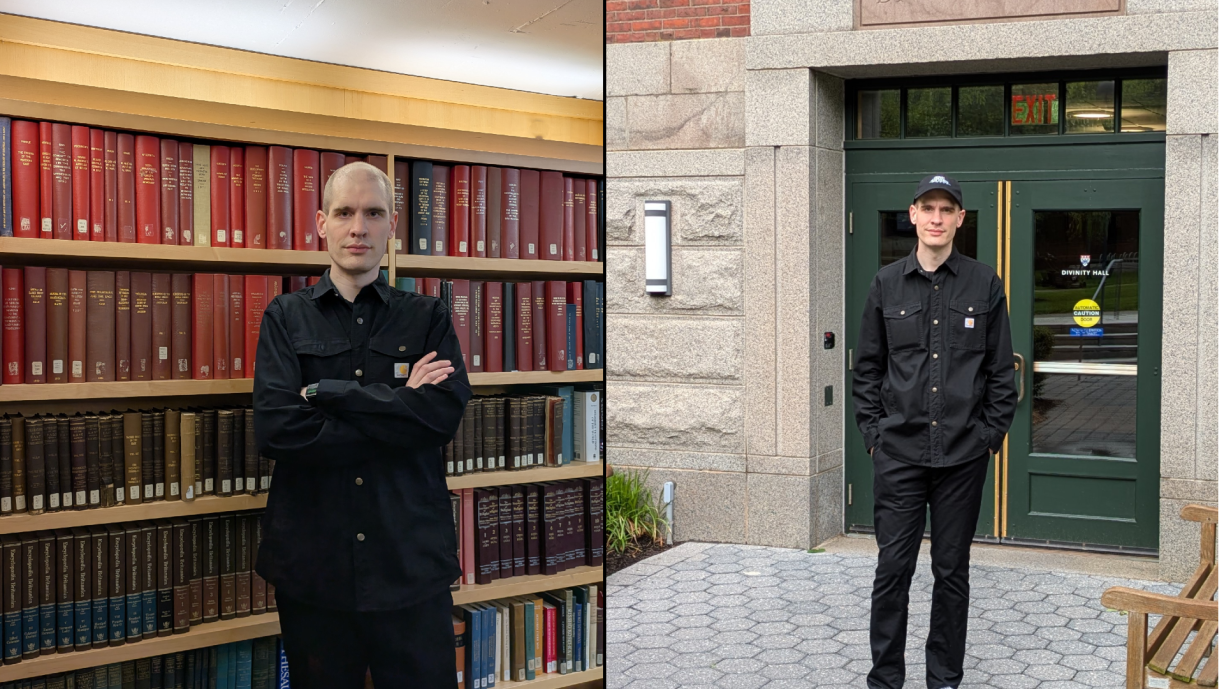
What began as a dream opportunity for Fabien Muller, a philosophy scholar from Belvaux, could now turn into a nightmare. His position at Harvard Divinity School, one of the most prestigious academic institutions in the world, is under threat following a decision by the Trump administration to block the enrolment of thousands of international students.
Muller joined Harvard in 2023, following an exceptional academic journey that included a master’s degree in philosophy from the University of Louvain in Belgium, where he was awarded the Mercier Prize in February 2024. Currently working as a postdoctoral researcher in philosophy of religion and ancient philosophy, he is directly affected by a controversial move from the US Department of Homeland Security (DHS) a – measure that has been temporarily blocked by a US court until 29 May.
If enforced, the policy would prevent Harvard from accepting new international students and could even force current non-US students to leave the country once graduation ceremonies conclude next week.
In conversation with RTL, Muller said that European media coverage has focused largely on the plight of international students, but the true impact is far broader. The DHS decision, he stressed, jeopardises the status of anyone at Harvard holding an F or J visa, which includes not only students, but PhD candidates, postdoctoral researchers, affiliated academics, visiting lecturers and professors, teaching assistants, and others across multiple fields.
He explained that many of these individuals had left behind stable lives in their home countries, often taking significant risks with their careers, families, and personal safety. “These are brilliant researchers”, he noted, “working in disciplines from medicine to law, political science, and the humanities”. He added that “many are barely managing on modest academic salaries, and now face the possibility of being suddenly cut off or pushed out, some with nowhere safe to return to”.
Muller pointed out that the academic world is already precarious, and this decision has plunged hundreds into deep uncertainty, with some facing an abrupt end to
their careers, especially vulnerable individuals, such as political refugees. Whether the policy is reversed or not, he said, the damage has already begun.
Muller is scheduled to complete his second year at Harvard this July, but may be forced to leave earlier than expected. He is among the fortunate few to have secured a more stable position in Europe, but said that many of his colleagues are facing overwhelming anxiety. “The situation is astonishing”, he said, “and has created a level of stress that no one should have to endure, especially those in already fragile academic positions”.
He also warned that what is unfolding in the US could have far-reaching global implications. Muller reflected that “In Europe, we often assume that academic freedom and autonomy are untouchable – guaranteed by the rule of law, public funding, and freedom of speech”. However, the Harvard case shows that the university system is far more fragile than assumed, according to Muller. He cautioned that anti-intellectual sentiment, fuelled by buzzwords like “wokeism” and detachment from reality, can rapidly endanger even the most respected institutions.
Against this backdrop, he believes the US is witnessing the beginning of a gradual shift with the potential to reshape academic life worldwide.
The Trump administration’s move comes in the context of ongoing criticism of elite US universities, including Harvard and Columbia, for allegedly allowing antisemitism to flourish during student protests against Israel’s war in Gaza, launched after the Hamas attacks on 7 October 2023.
In response, Harvard stated in recent weeks that it has taken concrete steps to ensure Jewish and Israeli students and staff feel safe and respected on campus. However, the university has refused to compromise its commitment to academic freedom.
According to Muller, the crisis in higher education predates this policy. He noted that “after Covid and the inflation waves, many universities and colleges had already been forced to cut departments or shut down entirely”. He believes that unless action is taken, Europe could face similar risks.
To prevent this, he called for stronger protection of universities’ core mission. “The purpose of a university”, he said, “isn’t to indoctrinate students, but to build an intellectual space that defends democratic integrity, legal standards, and scientific progress, and to provide education that prepares people for thoughtful engagement in society”.
Harvard’s interim president, Alan Garber, responded to the DHS policy in a statement last Friday, calling the measures “illegal and unjustified”. He warned that the decision jeopardises the future of thousands of Harvard students, and should serve as a wake-up call to those who once saw the United States as a place to pursue their academic dreams.
